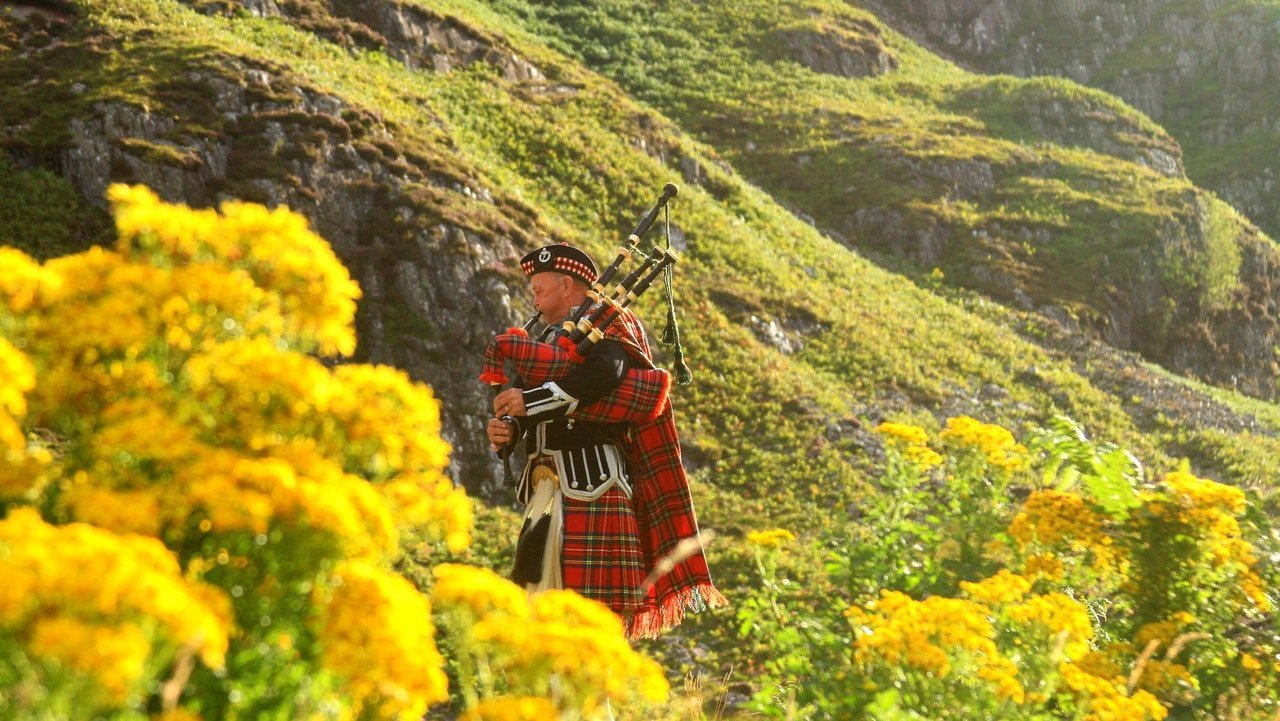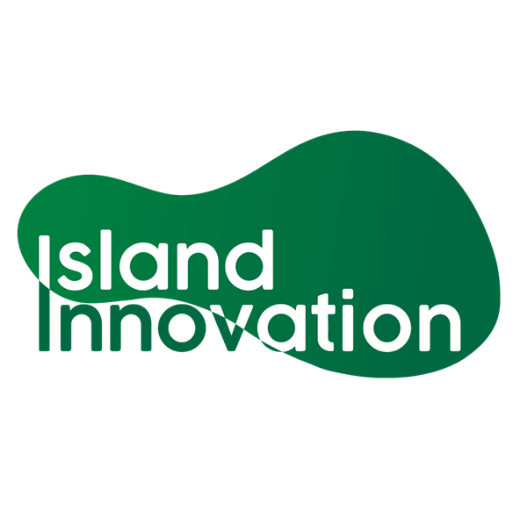Last month, I was lucky enough to attend the AGM of the Scottish Islands Federation on the Isle of Tiree, an island of 500 people lying four hours sailing from Oban. The Federation represents communities from the small islands across the nation and discusses the challenges faced by remote island communities… including Brexit. This was only my second time in Scotland, and the issues raised had striking similarities to those more familiar through my work in the Caribbean and Pacific islands.
The similarities demonstrate the vital nature of sharing solutions between disparate islands – Scottish islands can learn from the Caribbean and vice versa. One exciting trend observed came during a presentation from the isles of North Uist and South Uist in the Outer Hebrides – young families are returning, starting businesses and helping breathe new life into a place that has long suffered from outward migration (read the full report here).
Next was a visit to Orkney, a group of islands home to a more Nordic culture and proud of their Viking heritage. The islands are also proud of their pioneering renewable energy efforts and home to the European Marine Energy Centre, with cutting-edge research into hydrogen technology. The islands are also home to three university campuses and are building a reputation for being a world leader in ocean energy.
Flying to North Ronaldsay, the remotest island in the Orkney archipelago with a population of 72 people, gave a perspective of the joys and challenges of living on these windswept islands. The journey in an 8-seater plane involved hopping over two other island airstrips and gave a spectacular view of the smaller islands below. On the next trip, it might even be possible to travel on an electric plane!
With its own parliament, Scotland is strikingly more progressive on energy and climate change than the rest of the UK, and the Orkney Isles are leading them there. However, the islands are still home to the highest levels of fuel poverty in the UK with 63% of households in spending over 10% of their income on heating energy costs. For equitable growth, greener electricity must play a role in improving the quality of life for all residents and reduce basic living costs (see Orkney Islands Council fuel poverty strategy here).
Thanks so much to my new headline Patreon sponsors: James Stockan of the Orkney Islands Council and Nathalie Mezza-Garcia of Blue Frontiers. All of you that have supported this newsletter on Patreon have been vital moral support and helped cover the costs of hosting the newsletter!




